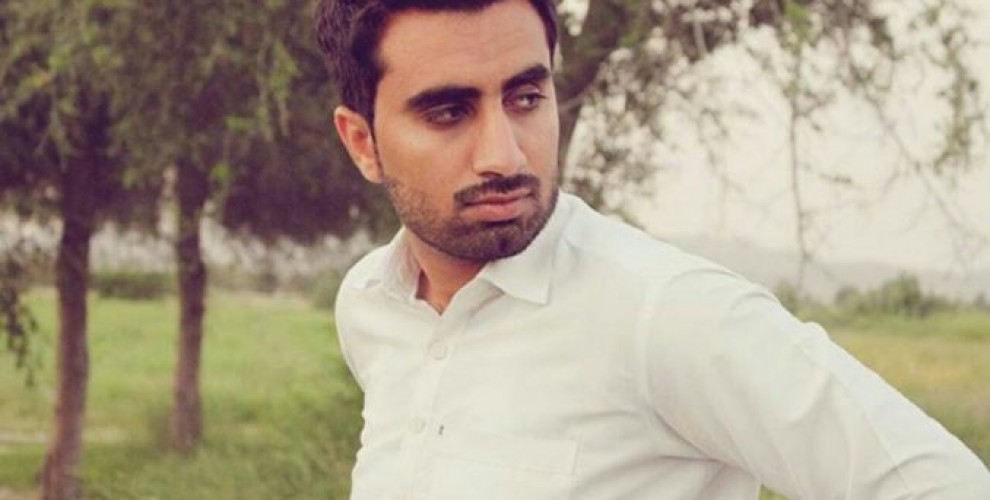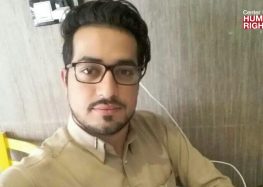Rapper Detained For More Than a Month Without Lawyer in Iran’s Sistan and Baluchistan Province
 Rap artist Shah Baloch, real name Emad Bijarzehi, has been detained in the southeastern Iranian port city of Chabahar without counsel since June 20, 2018, for singing about state oppression against ethnic Baluchis in Sistan and Baluchistan Province.
Rap artist Shah Baloch, real name Emad Bijarzehi, has been detained in the southeastern Iranian port city of Chabahar without counsel since June 20, 2018, for singing about state oppression against ethnic Baluchis in Sistan and Baluchistan Province.
“He has been interrogated mostly about his songs,” a source with knowledge about the case told the Center for Human Rights in Iran (CHRI) on July 23. “They asked him why he had defiled the regime and praised Baluchis and congratulated them on Baluchi Cultural Day [March 2]. They wanted to implicate him in working for foreign agents and other [opposition] groups.”
The source requested anonymity for fear of reprisals against Bijarzehi due to the pressure security and judicial officials impose on detainees to keep the details of their cases hidden from media outlets and the public.
“IRGC [Islamic Revolutionary Guard Corps] agents said he would be released soon, God willing, if his family didn’t talk about him,” the source told CHRI. “His relatives are either scared or really believe the agents’ word that he will be freed quickly.”
A university student based in Chabahar, the 26-year-old rapper was transferred to a prison in the provincial capital city of Zahedan on July 16 and has been denied access to a lawyer.
Bijarzehi’s arrest follows the detention of more than 10 Baluchi civil rights activists since mid-June 2018, including Abdollah Bozorgzadeh, for protesting against the alleged rape of several women in the city of Iranshahr.
On July 10, the IRGC publicized a video showing seven Baluchis identified as Bozorgzadeh, Yaser Shahnavazi, Parisa Shahnavazi, Abdolhakim Mazarzehi, Mohammad Amin, Morteza S., and Mohammad R. “confessing” to receiving money from abroad to spread propaganda.
The UN, CHRI, and other human rights organizations have documented many cases of detainees in Iran being forced to confess under the threat of or real torture. These videos are often shared with the public in an attempt to smear the defendants before they are tried in a court of law.
“The IRGC has been scared and surprised by how the rape incidents in Iranshahr got media attention because in the past no news came out of Baluchistan and now with the internet and mobile phones, news spreads fast,” the source told CHRI.
At his sermon on June 15, 2018, Iranshahr’s Baluchi Sunni Friday Prayer Leader Mohammad Tayyeb Mollazehi claimed that a suspect in custody had confessed that he and several other men had raped 41 women. But Iranian officials have either denied that the rape happened or claimed elements of the case have been falsified.

